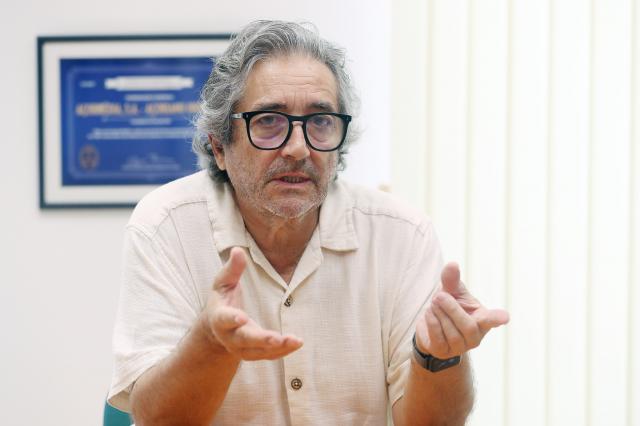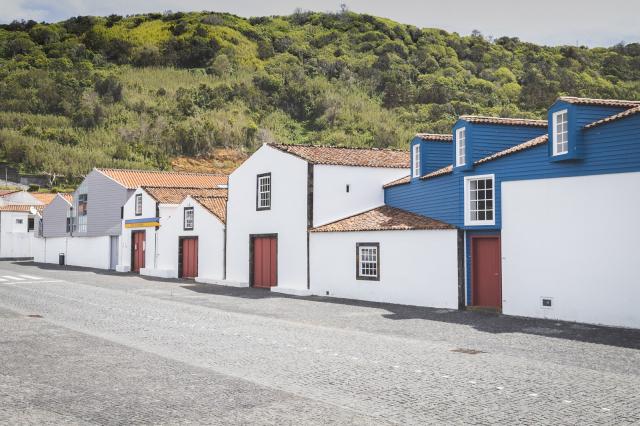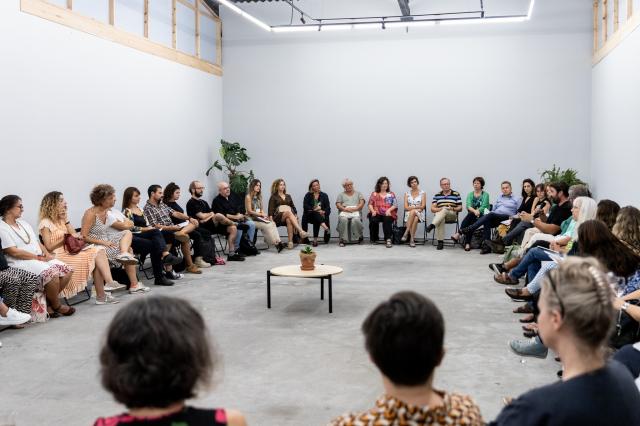Autor: Rui Jorge Cabral
In 2021, the Azores imported more than 140 thousand tons of cereals, mostly maize for animal feed, with Ukraine being one of the main exporting markets.
But because of war and the great uncertainty it creates over Ukrainian cereals, the Azores will have to find import alternatives. North and South America, as well as South Africa, are currently the markets signaled by the Portuguese Ministry of Agriculture as import alternatives, but at much higher prices, due to high transport costs, as well as demand pressure on these markets from countries such as China or Japan.
Furthermore, by regional legislation adopted in 2012, it is not possible to import agricultural raw materials derived from Genetically Modified Organisms (GMO), so the import of GM maize from these new markets is not currently an option.
According to the Regional Secretariat for Agriculture and Rural Development, last year, 140 000 tonnes of cereals were imported into the Azores through POSEI alone, including 105 000 tonnes of maize intended for the manufacture of animal feed. In total, these imports were supported by 6.2 million Euros from Community funds through POSEI. But there are also imports of cereals into the Azores without any support from POSEI.
However, the war in Ukraine is turning this situation into a very complex one, and a sharp increase in production costs for Azorean farmers will be inevitable, especially for milk producers, for whom imported maize feed is intended.
After a meeting with the Regional Government to examine the crisis caused by the war in Ukraine, the president of the Agricultural Federation of the Azores, Jorge Rita, drew attention to the need for the European Union to rethink its policy on agricultural products in the face of cereal scarcity. Rita also mentioned "the possibility of importing transgenic cereals, because, if not, there could be a collapse of cereals and food in Europe, especially in the most peripheral and smaller countries."
Speaking to Açoriano Oriental, the Regional Secretary for Agriculture and Rural Development, António Ventura, acknowledged that this debate should take place in Europe, in order to reconcile "production needs and environmental concerns, from the outset, with climate change, soil conservation and animal welfare".
António Ventura points out that the import and cultivation of transgenics is prohibited in the Azores and is very limited in the European Union, although "in the United States transgenics are used", particularly in the production of maize. Considering there is no scientific certainty about the harmful effects of GMO in public health, if this difficulty in agricultural raw materials becomes more serious, a review of the policy on transgenics should be considered at European level.
Ventura, however, calls for serenity, since, if the war in Ukraine ends quickly, the current scenario, which is very worrying regarding cereal production, could change.
Government prepares regional production boost
The Regional Government wants to increase agricultural diversification in the Azores in order to reduce dependence on other countries. Also, the government is preparing a strategy for the next decade, based on agroproductive plans for various areas, with tax benefits and new criteria in terms of short supply chains that can make local production more competitive.
Speaking to Açoriano Oriental, the Regional Secretary for Agriculture and Rural Development, António Ventura, starts by recalling that the war in Ukraine has rekindled the debate about the importance of agriculture and the need for countries or regions, such as the Azores, to reduce their agri-food dependence on the outside world.
"We aim to reduce imports of raw materials by focusing both animal feed and human food on endogenous resources," states António Ventura, advocating for "the recovery of production and the increase of local productions."
According to the Regional Secretary for Agriculture and Rural Development, these plans will enhance Azorean products and reduce external dependence.





